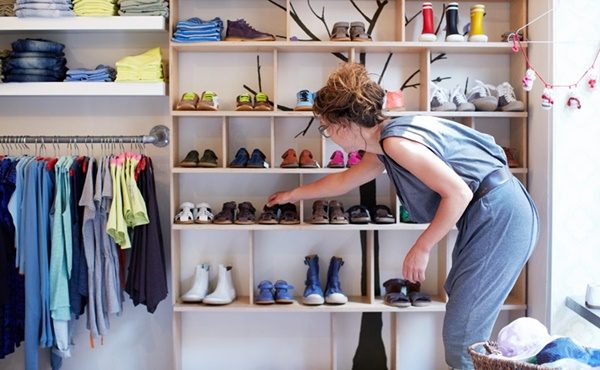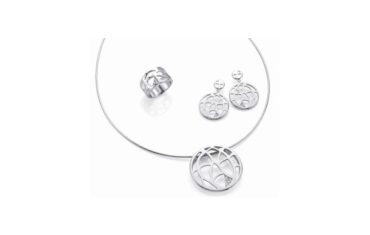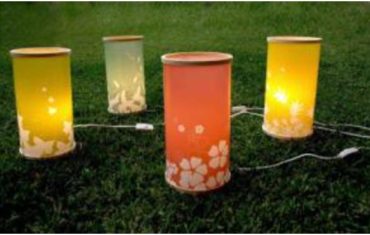As was to be expected, retailers have felt the brunt of Australia’s summer of disaster, with sales figures taking a major hit in January due to the devastating bushfires, the National Retail Association says.
Australian Bureau Statistics (ABS) figures show most industries saw a drop including household goods retailing (-1.1 per cent), department stores (-2.2 per cent), clothing, footwear and personal accessory retailing (-1.1 per cent). Total retail turnover fell 0.3 per cent in seasonally adjusted terms.
NRA CEO Dominique Lamb says the January figures were not a good start for 2020 but are expected.
“These figures reveal just how disrupting the catastrophic bushfires were to the retail industry,” she says.
“This natural disaster the sector has been confronted with, particularly for regional areas, have really put the sector on a course for recovery.”
Lamb says retail isn’t out of the woods quite yet, despite the majority of Australia’s bushfires being put out.
“The coronavirus outbreak over the past month will definitely have a negative impact on our retail industry, and the full impact of this will likely be felt in February’s results.”
However, contrary to these numbers, new data released by Vend highlight a growing two speed retail economy with independent retail bucking the national downturn to record 2.3 per cent YoY growth in January 2020, despite the bushfires headwinds dampening consumer demand.
In fact, home and giftware retailers recorded a 7.05 per cent increase in revenue compared to January 2019, however, NSW home and giftware retailers outperformed January 2019 revenue by 17.4 per cent.
“Mediocre retail continues to struggle in Australia, as we’ve seen in companies like JeansWest and Harris Scarfe, but the independent retail sector is alive and well,” says Dave Scheine, Vend’s managing director for APAC.
“What we’ve seen through the eyes of our retail customers is that shoppers are still heading to physical stores, not because they want to ‘buy stuff’, but because they want to get experiences that they won’t find anywhere else.
“And independent retailers are particularly good at curating their product offerings and creating rich in-store experiences, whilst arming themselves with the right tools to streamline their operations and better serve their customers to drive more sales and profits,” he says.







